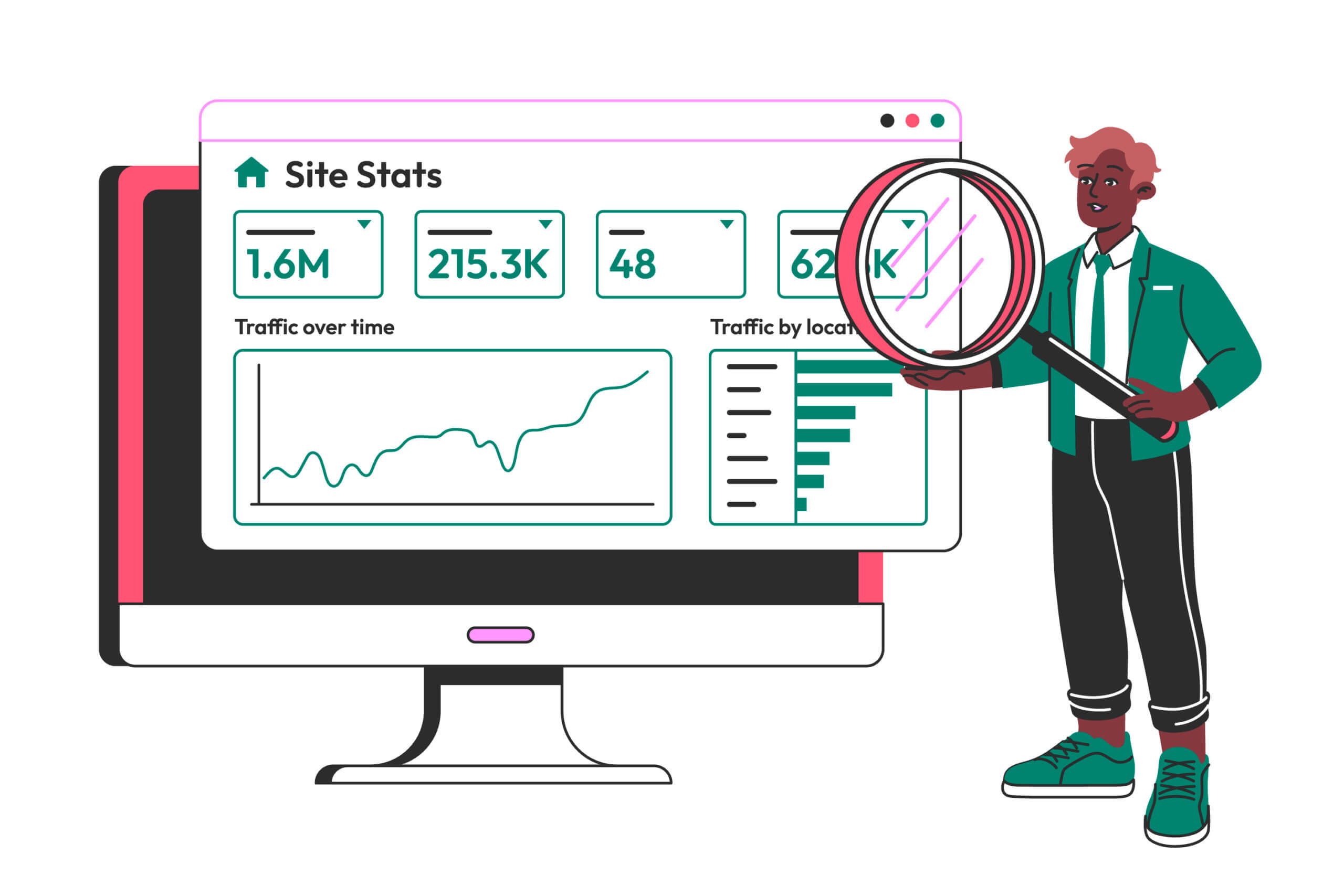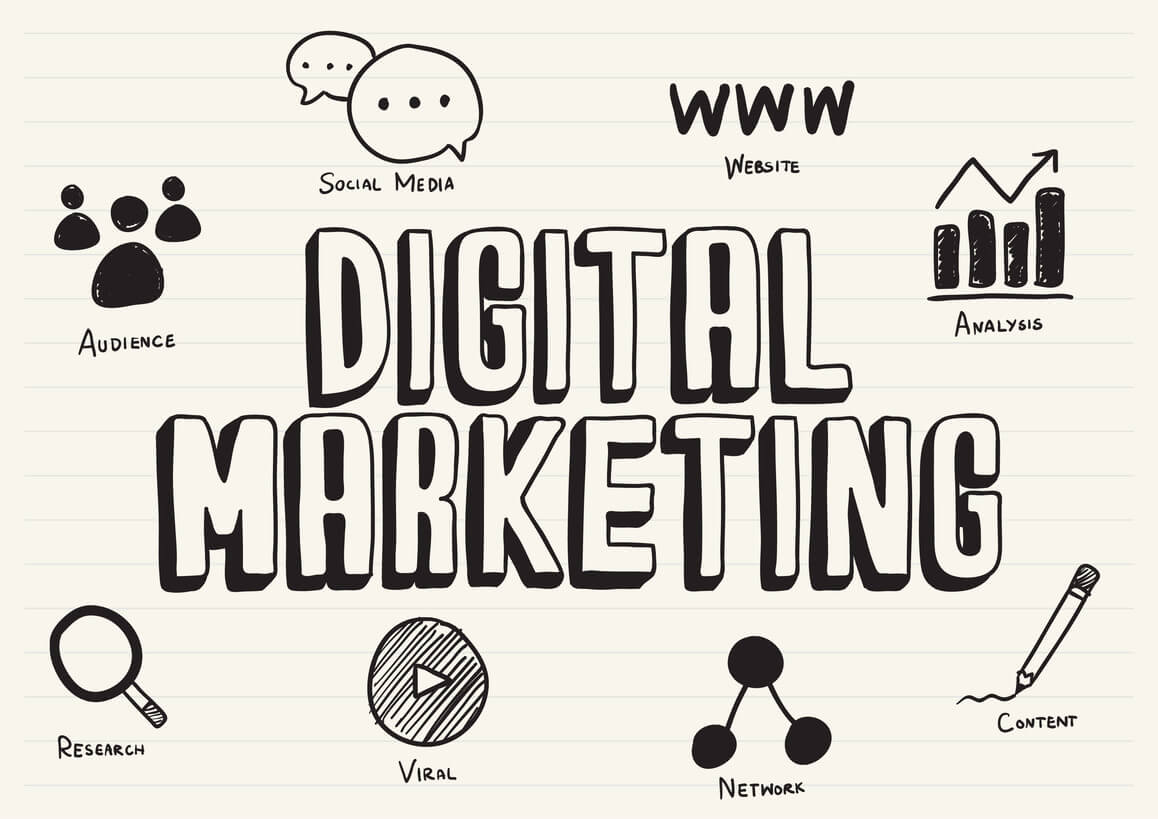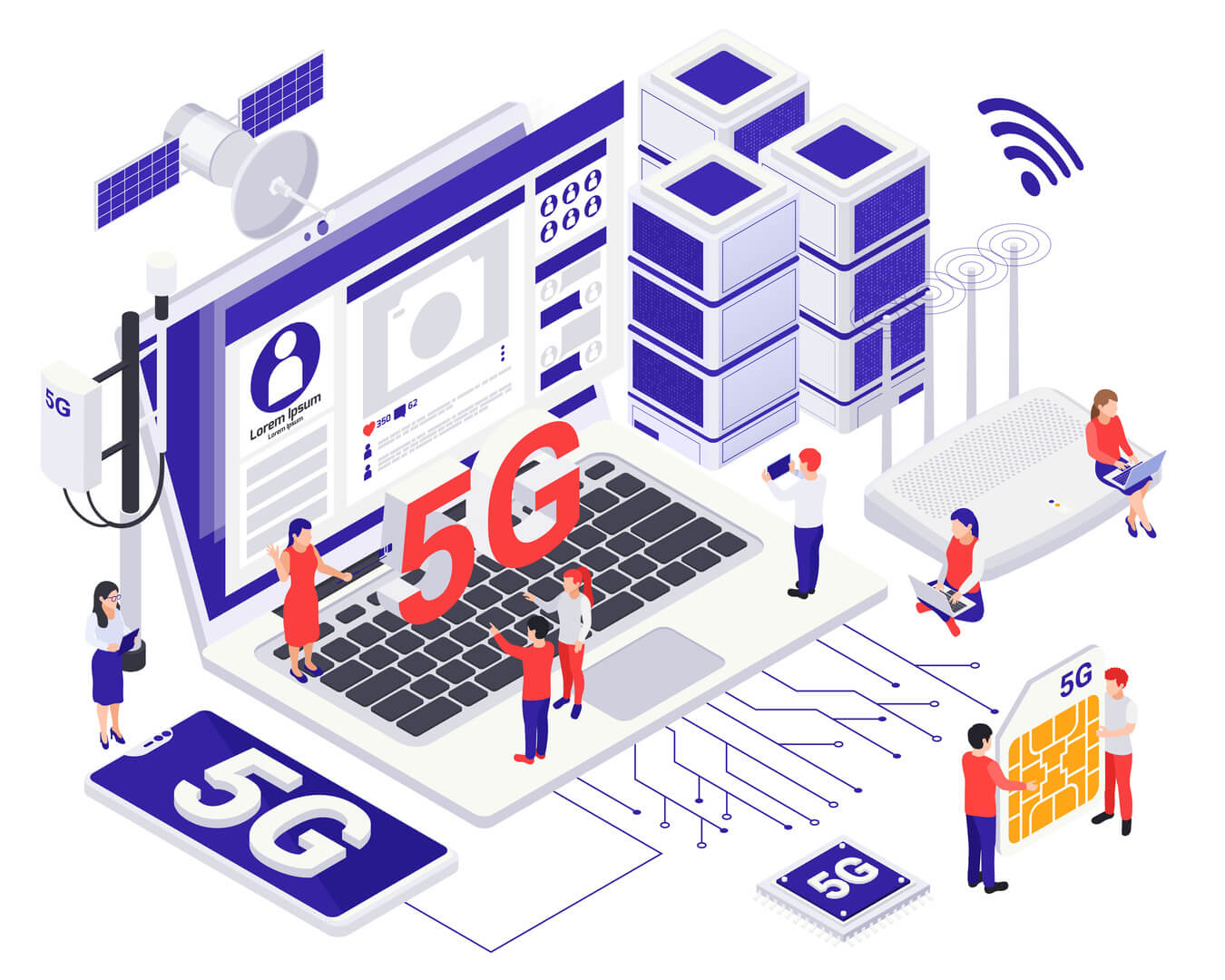
In the ever-evolving landscape of digital marketing, gaining a deep understanding of consumer behavior has become a crucial aspect of success. This understanding goes beyond demographics and preferences—it delves into the realm of neuroscience. Enter neuro-marketing, a cutting-edge approach that leverages principles from neuroscience to optimize marketing strategies and create impactful consumer connections. In this comprehensive article, we explore the world of neuro-marketing and how it can revolutionize digital marketing strategies.
Unveiling Neuro-Marketing
The Intersection of Science and Marketing
Neuro-marketing is an interdisciplinary field that brings together neuroscience, psychology, and marketing to uncover the subconscious factors that influence consumer decisions. By tapping into the intricacies of the human brain, marketers can gain insights into how individuals perceive, respond to, and engage with marketing stimuli.
Subconscious Influences on Decision-Making
Traditional marketing strategies often focus on rational decision-making processes. However, neuro-marketing reveals that emotions, instincts, and subconscious triggers play a significant role in shaping consumer choices. Understanding these subtle influencers can lead to more effective and impactful marketing campaigns.
Neuroscientific Principles in Digital Marketing
Emotion and Memory
Neuroscience has shown that emotions are deeply intertwined with memory formation. Crafted narratives that evoke emotions can create lasting impressions in consumers’ minds. Digital marketing content that resonates emotionally is more likely to be remembered and shared, leading to heightened brand recall.
Visual Stimuli and Attention
The brain is wired to process visual information quickly and efficiently. Incorporating compelling visuals in digital marketing materials can capture users’ attention and convey messages more effectively. Eye-catching graphics, videos, and imagery can significantly enhance engagement.
Personalization and Dopamine
Personalized experiences trigger the release of dopamine, a neurotransmitter associated with pleasure and reward. When consumers feel that content speaks directly to them, their engagement and satisfaction increase. This is why personalized emails, recommendations, and offers are so effective in digital marketing.
Social Proof and Influence
The brain is wired to seek validation from others, a phenomenon known as social proof. By showcasing positive reviews, testimonials, and user-generated content, digital marketing can tap into this instinct, boosting consumer trust and confidence.
Enhancing Digital Marketing Strategies with Neuro-Marketing
Crafting Compelling Stories
Neuro-marketing emphasizes the power of storytelling. Craft narratives that resonate emotionally with your target audience. Narratives trigger the brain’s mirror neuron system, allowing consumers to empathize with characters and situations.
Using Neuro-Design Principles
Neuro-design involves optimizing visual elements to align with the brain’s processing capabilities. Utilize color psychology, typography, and layout principles that align with the emotional responses you want to evoke in your audience.
A/B Testing with Neuro-Metrics
Traditional A/B testing focuses on user preferences and behavior. Neuro-marketing takes it a step further by measuring physiological responses, such as heart rate and eye movement, to assess user engagement and emotional reactions to different design elements and content variations.
Leveraging Neuromarketing Tools
Various tools and technologies are available that enable businesses to measure and analyze consumer responses to marketing stimuli. Eye-tracking, facial expression analysis, and brainwave monitoring can provide valuable insights into user reactions.
Ethics and Responsible Use
Respecting Consumer Privacy
While neuro-marketing offers insights into consumer behavior, it’s essential to uphold ethical standards and respect individual privacy. Transparency in data collection and consent is paramount.
Balancing Persuasion and Manipulation
Neuro-marketing should aim for persuasion, not manipulation. The goal is to enhance user experiences and connections, not to deceive or exploit.
Conclusion
Neuro-marketing is a game-changer in the digital marketing realm, unlocking the power of the human brain to inform strategies that resonate deeply with consumers. By integrating neuroscience principles into digital marketing campaigns, businesses can create content that evokes emotions, captures attention, and drives meaningful engagement. This approach not only enhances brand visibility but also fosters genuine connections that stand the test of time.

















